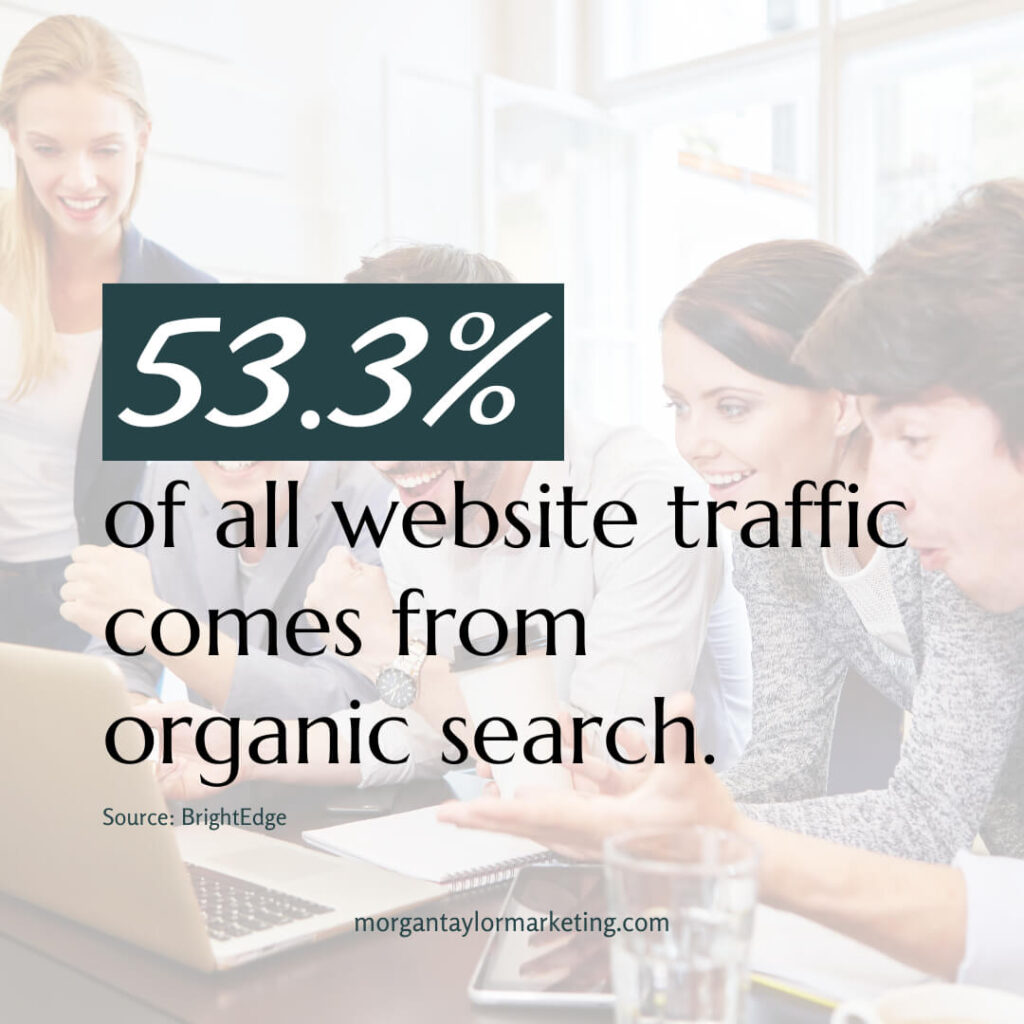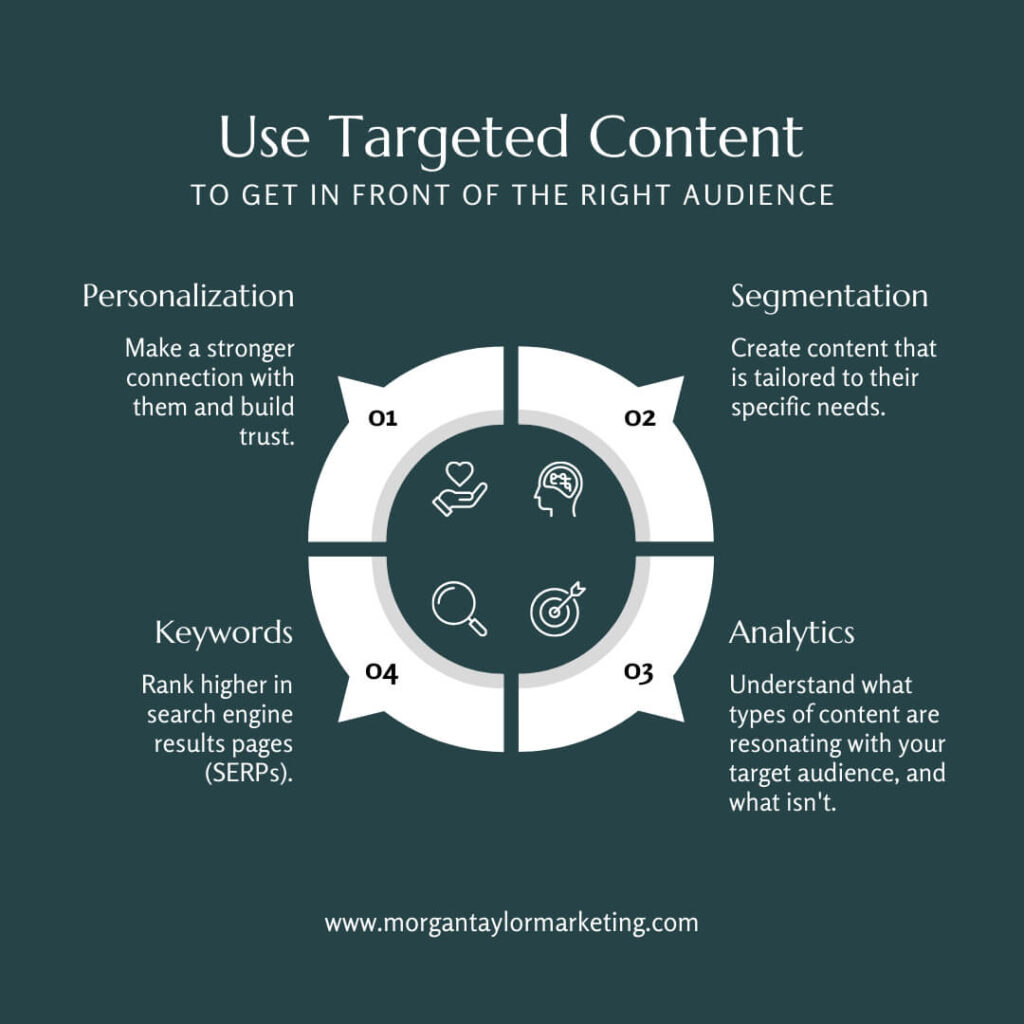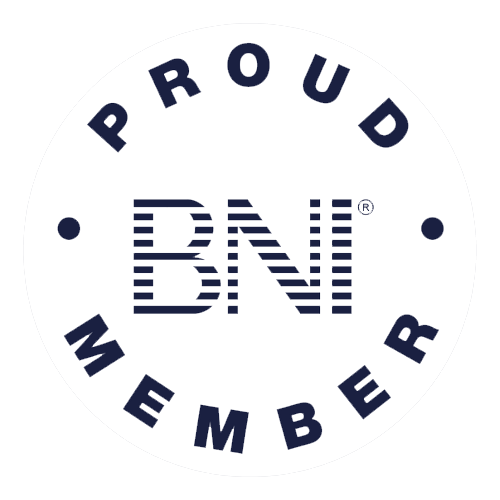Overwhelmed by workplace stress? Learn powerful strategies that guarantee success while conquering stress. Elevate your career with confidence!
Workplace stress is an all-too-familiar concept that affects professionals across various industries. It can creep into our daily lives, affecting our physical and mental well-being, job satisfaction, and overall quality of life. Understanding the impact of workplace stress is the first step toward effectively managing and mitigating its effects.
In this blog post, we delve into the profound implications of workplace stress on individuals and organizations alike. We explore the detrimental consequences it can have on our health, job performance, and relationships within the workplace. By gaining a deeper understanding of these impacts, we can better equip ourselves with strategies and tools to conquer workplace stress and cultivate a healthier, more fulfilling work environment.
Why It’s Important to Manage Workplace Stress?

Managing workplace stress is crucial for several reasons. Excessive stress can have severe negative effects on our physical and mental well-being. It can lead to a range of health issues, such as high blood pressure, heart disease, and mental health disorders.
Unmanaged workplace stress can significantly hinder job performance and productivity. It impairs our ability to concentrate, make decisions, and solve problems effectively. When individuals are overwhelmed by stress, it can create tension, conflict, and a toxic atmosphere within teams and organizations. This can undermine collaboration, creativity, and overall morale.
Stay Calm, Stay Focused. Here Are The Proven Strategies To Conquer Workplace Stress:
1. Recognizing Workplace Stress
Recognizing workplace stress is the first step toward effectively managing it. By being aware of the common signs and symptoms, you can identify when stress starts to take a toll on your mental and physical health. Symptoms such as fatigue, irritability, difficulty concentrating, and frequent headaches are indicators that stress may be affecting you. It’s essential to pay attention to these signals and take action to address them promptly.
It’s crucial to identify the specific stressors in your workplace. These stressors can vary from demanding workloads and tight deadlines to conflicts with colleagues or a lack of support from superiors. By pinpointing the sources of stress, you can devise targeted strategies to alleviate their impact and regain control over your work environment.
Understanding the link between stress and job performance is essential for individuals seeking success in their professional lives. Excessive stress can hinder productivity, decrease job satisfaction, and even lead to burnout. Recognizing how stress can affect your performance serves as a motivation to proactively manage it and take steps toward creating a healthier work environment.

2. Mindset Shift for Stress Management
A mindset shift is a powerful tool for managing workplace stress. Cultivating a positive mindset is crucial for reducing stress levels and promoting overall well-being. By focusing on the positive aspects of your work and finding gratitude in your professional journey, you can reframe stress-inducing situations and approach them with a more optimistic outlook.
Developing resilience is another key aspect of combating workplace stress. Resilience allows individuals to bounce back from challenging situations, adapt to changes, and maintain their well-being. By developing resilience, you can navigate stressful circumstances more effectively and maintain your composure in the face of adversity.
Embracing a growth mindset is vital for long-term success. A growth mindset encourages individuals to view challenges as opportunities for growth and learning. By adopting this mindset, you can transform stressful situations into chances to develop new skills, expand your knowledge, and thrive in your professional endeavors.
3. Proactive Stress Management Techniques
When it comes to conquering workplace stress, adopting proactive techniques is key. By implementing these strategies, you can take control of your stress levels and create a healthier work-life balance. Let’s explore some effective proactive stress management techniques:
- Time Management Strategies: Effectively prioritize tasks, set realistic goals, and utilize time-blocking techniques to optimize your schedule and reduce stress.
- Goal Setting and Prioritization: Set clear, achievable goals aligned with your professional objectives and prioritize tasks based on urgency and importance.
- Effective Delegation: Delegate tasks to capable colleagues, distributing the workload and freeing up time and energy for more critical responsibilities.
- Stress-Relief Breaks: Take regular breaks throughout the day for activities like deep breathing, stretching, or going for a walk to promote relaxation and prevent burnout.
- Mindful Work Practices: Incorporate mindfulness into your routine, being fully present in the moment and engaging in mindfulness exercises to reduce stress and enhance focus.
- Work-Life Balance: Establish boundaries between work and personal life, prioritizing self-care activities, hobbies, and quality time with loved ones to achieve a healthier balance.
- Healthy Lifestyle Choices: Engage in regular exercise to boost mood and overall well-being, focus on balanced nutrition for optimal brain function, and prioritize restful sleep for rejuvenation.
4. Creating a Supportive Work Environment
Building strong relationships with colleagues and superiors can significantly impact stress levels in the workplace. Cultivating a supportive network allows individuals to seek guidance, share experiences, and gain insights from others facing similar challenges. By fostering positive relationships, you create a support system that can help you navigate stressful situations and provide a sense of camaraderie.
Establishing boundaries and promoting work-life balance is essential for managing workplace stress effectively. Setting clear boundaries between work and personal life helps prevent burnout and allows individuals to recharge and rejuvenate. By prioritizing self-care and allocating time for activities outside of work, such as hobbies, exercise, and spending quality time with loved ones, you create a more balanced and fulfilling lifestyle.
Encouraging open communication and feedback within the workplace can contribute to a supportive work environment. When team members feel comfortable expressing their thoughts and concerns, it fosters a culture of transparency and collaboration. Regular feedback and constructive conversations can help address stress-inducing issues and promote a healthier work dynamic.

5. Coping Strategies for Immediate Stress Relief
In moments of immediate stress, it’s crucial to have effective coping strategies at hand. These strategies can help you regain composure, reduce tension, and restore a sense of calm. Here are some proven techniques for immediate stress relief:
- Deep Breathing and Relaxation Techniques: Take slow, deep breaths to activate the body’s relaxation response and reduce stress.
- Practicing Mindfulness and Meditation: Engage in present-moment awareness to calm the mind and alleviate stress.
- Taking Regular Breaks: Step away from work to engage in stress-relieving activities, such as stretching or going for a walk, for a mental and physical reset.
- Engaging in Stress-Relieving Activities: Indulge in activities that bring joy and relaxation, such as reading, listening to music, or pursuing hobbies.
- Journaling: Write down thoughts and feelings to externalize emotions and gain clarity on stressful situations.
- Seeking Support: Reach out to trusted individuals for understanding and comfort, sharing concerns to alleviate stress.
6. Physical Well-being for Stress Reduction
Physical well-being plays a crucial role in managing workplace stress. Regular exercise is not only beneficial for physical health but also has a profound impact on mental well-being. Engaging in physical activity, whether it’s a brisk walk, yoga, or strength training, releases endorphins, reduces stress hormones, and improves overall mood.
The importance of healthy eating and nutrition cannot be underestimated when it comes to stress reduction. A balanced diet rich in whole foods, fruits, vegetables, lean proteins, and healthy fats provides the necessary nutrients for optimal brain function and energy levels. Avoiding excessive caffeine, sugar, and processed foods can help stabilize mood and prevent energy crashes.
Getting sufficient rest and sleep is vital for stress recovery and overall well-being. Lack of sleep can significantly impact stress levels, cognitive function, and emotional resilience. Prioritizing a consistent sleep routine and creating a sleep-friendly environment can improve sleep quality, allowing you to wake up refreshed and better equipped to handle workplace stress.
7. Seeking Mental Health Support
Recognizing when to seek professional help is essential for individuals experiencing chronic workplace stress. Employee Assistance Programs (EAPs) and counseling services provided by employers can offer valuable resources for managing stress. These services may include confidential counseling sessions, workshops, or resources for stress management and mental health support.
Utilizing mental health resources and support networks outside the workplace can provide further assistance. Local mental health organizations, online forums, and helplines can offer guidance, information, and a supportive community for individuals dealing with workplace stress. Seeking professional support is a proactive step towards prioritizing mental health and finding effective strategies for stress reduction.

8. Building Resilience for Long-Term Stress Management
Building resilience is a lifelong process that equips individuals with the ability to adapt and thrive in the face of ongoing stress. Developing effective coping mechanisms and strategies are the key to building resilience. This may involve practicing self-care, engaging in activities that bring joy, seeking support from loved ones, and utilizing stress reduction techniques discussed earlier.
Enhancing emotional intelligence can significantly contribute to stress resilience. Emotional intelligence involves the ability to recognize and manage emotions in oneself and others effectively. By developing emotional intelligence, individuals can navigate challenging situations, maintain healthy relationships, and respond to workplace stress with greater empathy and self-awareness.
Embracing a balanced lifestyle is crucial for sustained success and stress management. This includes finding harmony between work, personal life, relationships, hobbies, and self-care. By allocating time and energy to various aspects of your life, you create a more fulfilling and well-rounded existence, reducing the likelihood of stress overload.
Conquering workplace stress is vital for success and well-being. By recognizing its impact, implementing proven strategies, and prioritizing self-care, individuals regain control, paving the way for a fulfilling career. From identifying stressors to proactive techniques, a supportive environment, and seeking help, each strategy empowers you to unlock your potential and thrive professionally while prioritizing well-being. Remember, conquering workplace stress is a journey, but with perseverance and the right strategies, you can navigate stress and succeed.








